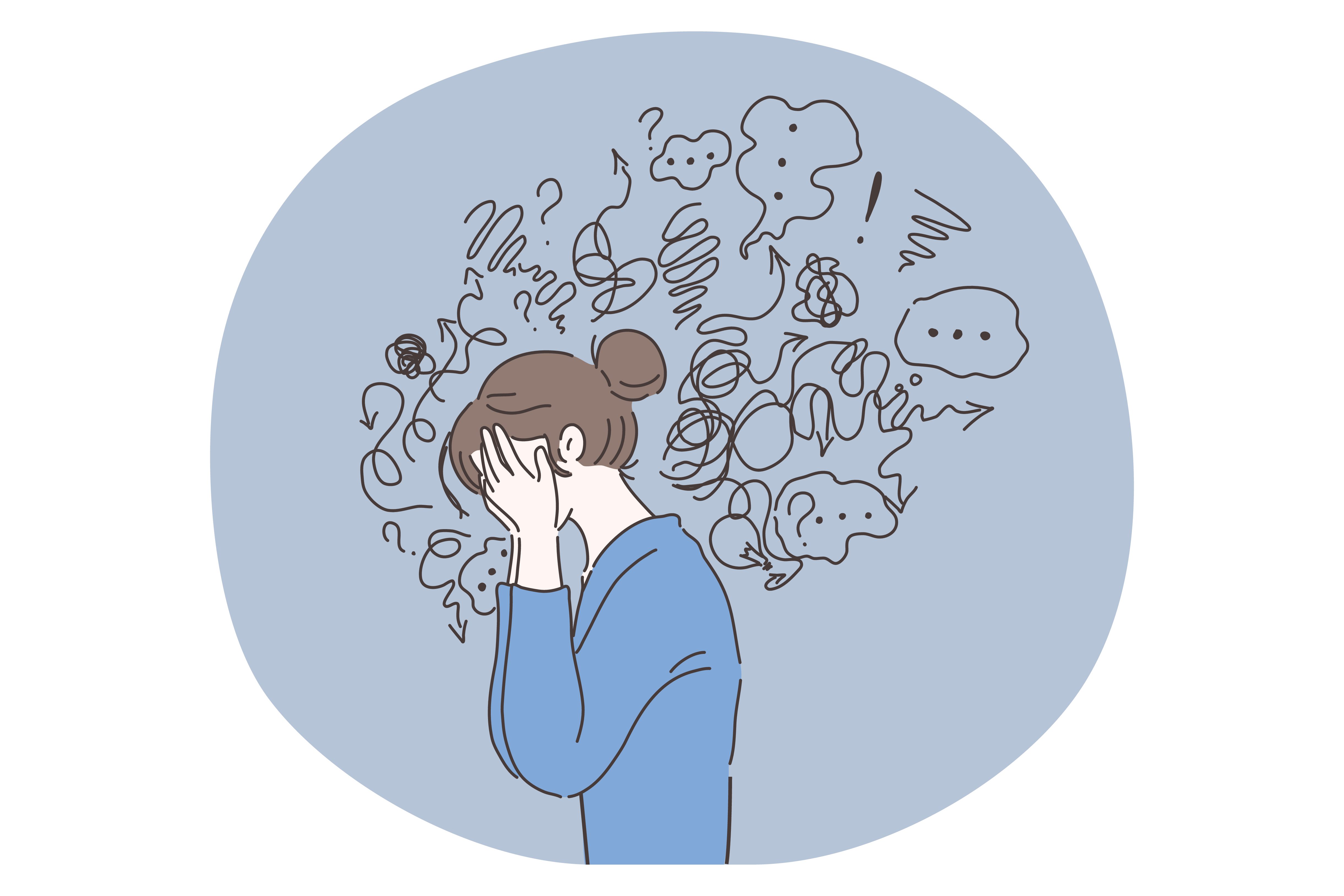Depression is a serious mental illness that often goes undiagnosed in teens, and the rate of teenage depression in America has been on the rise for two decades. As a parent or guardian, watching your child suffer can make you feel helpless – but there are ways of helping teens with depression that can vastly improve outcomes.
This post will go over 11 ways that you can help teens with depression and the issues they may be dealing with. It includes helping them understand what depression is and how it impacts their lives, helping them get treatment for their depression, helping them find meaning in life again, helping them re-establish relationships with family members or friends who may have abandoned them during hard times, and more!
Know the Signs
It’s not easy to be a teenager. Teenagers can be moody or withdrawn for a variety of reasons, but if the behavior seems to be out of their control and is accompanied by other symptoms, it could be more than just teenage angst. Symptoms of depression in teens may look like:
- Not being able to concentrate in school
- Losing interest in activities they once enjoyed
- Isolating themselves from friends and family members
- Refusing help when it’s offered
- Increased irritability and anger
- Experiencing frequent mood swings
- Substance abuse
Helping Teens with Depression
It’s important that parents and guardians know how to approach helping their depressed teens, since confrontation can feel overwhelming and cause a teen to become mistrustful or resentful. Remember, depression often leads to teens withdrawing from their loved ones and not wanting help or support. With that said, here are 11 ways you can connect with and help your teenager suffering from depression.
- Ask, and let them know you care. Start by finding a quiet time to broach the subject, and lovingly explain the behaviors you have noticed that worry you. For example, “I’m wondering why you haven’t spent much time with your friends lately.”
- Validate their feelings. If a teen opens up to you, they are entrusting you with very personal and painful feelings – acknowledge those feelings so that they feel heard and accepted. For example, “I am so sorry. That must really hurt.” Feelings that are validated diminish – feelings that are ignored can gain strength and become problematic.
- Give them a helping hand when you can, and ask how else you might be helpful. (Be specific!)
- Encourage them to seek professional help through therapy or medication if they need it.
- Refrain from making promises about things beyond your control, like “I’ll take care of everything
- Help them find meaning in life again. Ask what they love, and brainstorm how to get back into those things if they’ve lost interest. Encourage their interests even when it feels like a long shot
- Reassure them that you’ll always be there for them when they need someone to turn to. (i.e: “I’m here for you, and reaching out is always an option no matter what.”
- Remind them that their depression isn’t a reflection of who they are. Remind them how much you love and care for them, even when it doesn’t feel like enough to fight the darkness inside.
- Let your teen know that therapy is an option if they’re interested in learning more about themselves or coping with depression, but don’t force them. Teens need a sense of choice and control over their own lives.
- Ask them what they need from you if they’re not sure how to ask for help – maybe it’s simply having someone listen without judgement during times when feelings are intense.
- Finally, don’t forget to take care of yourself, too. Helping someone with a mental illness can be a frightening and stressful experience. Set aside some time every day where you can recharge your batteries, alone or with friends, so you can show up for your teen as your best self.
Find Counseling For Teens Near Me
For questions about how adolescent therapy can help with teenage depression, reach the office of Brett Beaver, LMFT, by using this quick contact form. You can learn more about Brett and his approach to therapy by clicking this link.

